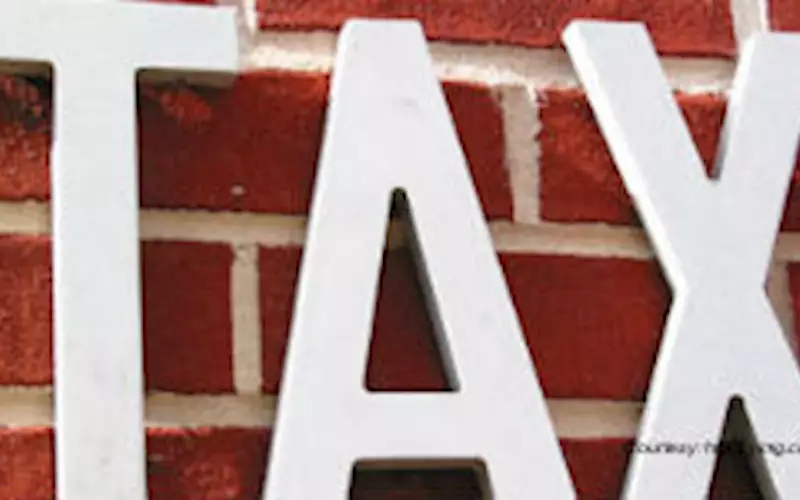Publishers in Pune protest Local Body Tax on books
The article has been published with the permission of Vinutha Mallya, editor of Booksy.In and publishing consultant.
16 May 2013 | By PrintWeek India
Maharashtra had recently announced that it would do away with the archaic Octroi tax system, already abolished by other states in India. In its place, the Government introduced Local Body Tax (LBT) from the beginning of this month at select municipal corporation limits—Thane, Navi Mumbai, Nagpur, Pune and Pimpri-Chinchwad.
The move has brought a number of small traders under the LBT ambit, including some that were not under the Octroi before. Trade organisations have been protesting against the new tax system in Pune since April 1st.
Of particular concern to publishers in Pune is the fact that non-curricular books have been brought under the LBT ambit, while textbooks are exempted. So far, all books have enjoyed free movement in Maharashtra ever since they were exempted from Octroi in 2004. By bringing certain categories of books under taxation, the Pune Municipal Corporation seems to have taken several steps backwards.
The Corporation’s LBT rate list states that 2% tax will be imposed on:
“Printed material including professional & commercial books, annual reports, application forms, account books, balance sheets, calendars, diaries, catalogues, race cards and publications which mainly publicise goods, services and articles for commercial purposes and publications which contain space exceeding more than eight pages for writing, but excluding those covered under entry 6 of Schedule B.”
The DNA reported that the Maharashtra Prakashak Parishad, the apex body of Marathi publishers, have presented a memorandum to the municipal commissioner in Pune to exclude all books from LBT.
Publishers fear that the Local Body Tax will not only lead to an increase in book prices, but that it will also hamper the movement of books being sent and received for book fairs and exhibitions.
Arun Jakhade, working president of the Parishad is quoted in the DNA report:
“While paper, ink, printing machines and other machinery including scanning, photo typesetting are included in the LBT , why is the government not excluding the books from its ambit.”
A valid question, since a portion of the taxes incurred will get passed on to publishers, who will avail of these products and services to produce their books.
The list of exempted books is striking:
“Books, that is to say, every volume or part or division of a volume including almanacs, school text books prescribed by Government, panchangs, time tables for passenger transport services, periodicals, maps, charts, orreries and globes, but excluding professional & commercial books, annual reports, application forms, account books, balance-sheets, calendars, diaries, catalogues, race cards, publications which mainly publicise goods, services and articles for commercial purposes and publications which contain space exceeding more than eight pages for writing.”
Hence, only the Government-prescribed textbooks are exempt, not school books like curriculum based workbooks, reference books, learning aids etc. But the list of LBT exemptions includes Newspapers.
By bringing all non-textbooks, including literature and other academic and professional books, under the blanket “professional and commercial books” categories, the Pune Municipal Corporation appears to have overlooked the knowledge and cultural importance of such books in our society. Pune is a strong hub of Marathi publishing, and a tax on only some kinds of books, and one which will make it difficult for books to move in and out of the city, will no doubt affect publishers in the long run.











 See All
See All